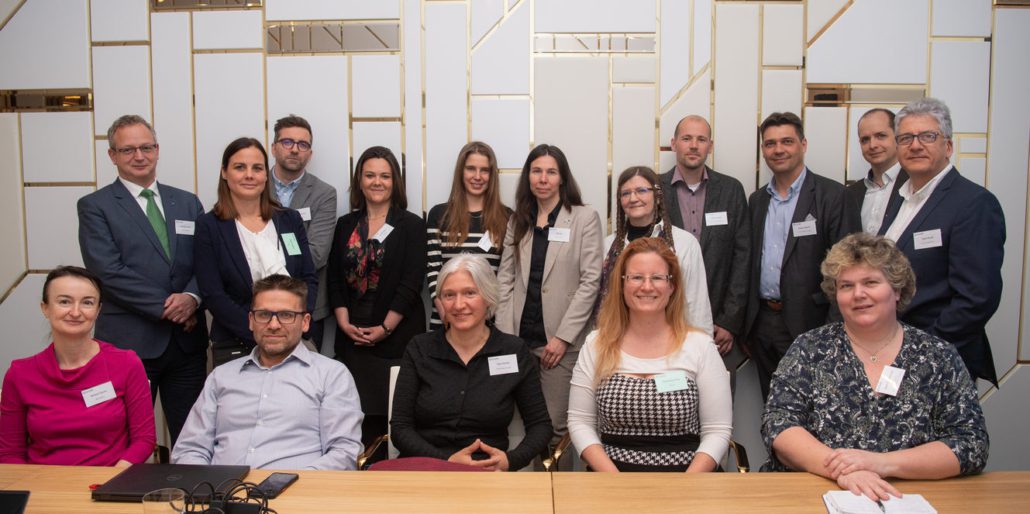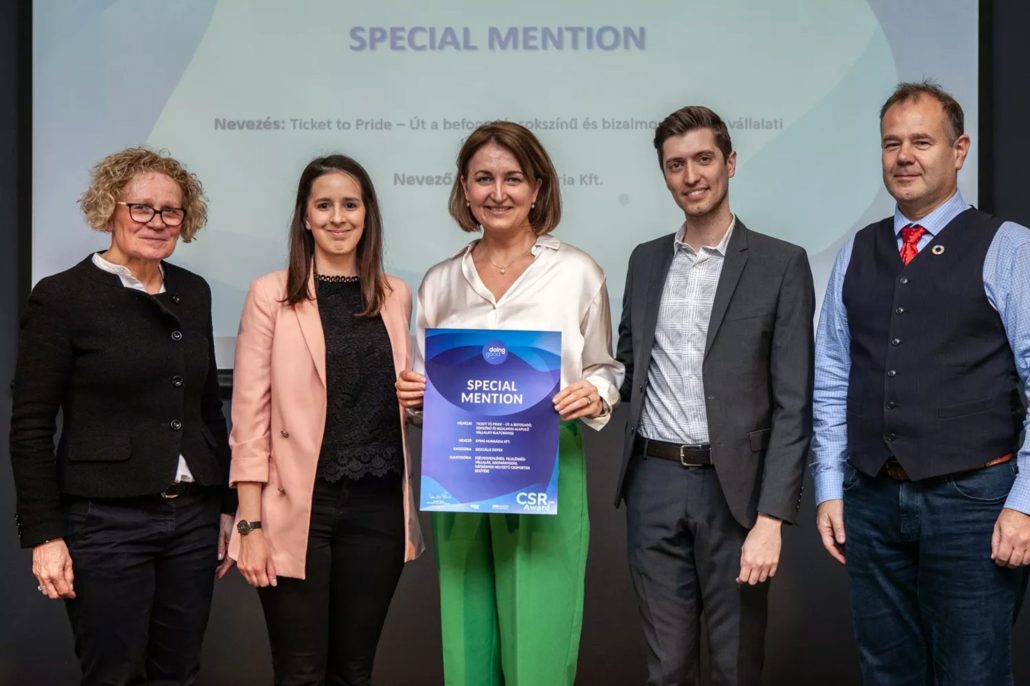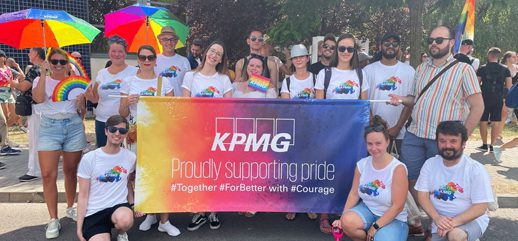We are gradually depleting and losing our natural resources. The net-zero goals of governments and businesses, which cover 70% of the global economy, are unattainable without ending deforestation this decade and protecting the marine environment, which currently absorbs 30% of global carbon dioxide emissions, as pointed out by Diane Holdorf, Executive Vice President of the World Business Council for Sustainable Development (WBCSD), at the BCSDH Business Breakfast and Forum on March 28, which focused on the interaction between businesses and nature. The participants were greeted by Dr. Csaba Kandrács, Vice President of the Hungarian National Bank, the host for the day.

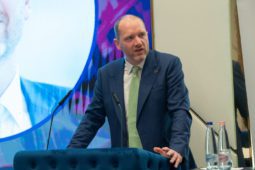
The world’s most pressing challenges include the climate emergency, rapid biodiversity loss, dramatically growing social inequality, and the focus on assessing corporate performance from an economic perspective only. We are running out of time, and these four areas require immediate measures, action, and systemic change, alongside commitment at the highest level.


“We cannot achieve net zero without business action to halt and reverse nature loss. Nature represents a third of the climate solution, and biodiversity loss is accelerating. Every business depends on nature, with opportunities to invest in nature-based solutions which drive the transformational change that we need”, – stated Diane Holdorf, Executive Vice President of WBCSD, who represented the business world at the UN-initiated COP15 on biodiversity, where an important international agreement was reached for the preservation of biodiversity.


Katalin Sipos, Country Manager of WWF Hungary, summarized the domestic situation and discussed possible solutions.
“Due to the incredible technological development of humanity, we have become accustomed to seeking technical solutions for almost everything. However, hi-tech is not always the wisest choice – for the sustainability transition, we need cultural and value changes, as well as low-emission, low-tech solutions. And for some environmental problems, the simplest and most ancient solution is the best: nature itself as the solution”, – said Katalin Sipos in her presentation, emphasizing that climate commitments cannot be made at the expense of nature, but rather the change must be genuinely systemic, and built upon nature.
Nature is essential for creating a healthy humanity, a healthy business life, and a healthy planet. Climate, biodiversity, and water are all part of the same system, are closely interconnected, and no element can be separated from the others, as they are in constant interaction.


“More than half of the world’s GDP depends on nature and its services. That means it affects all of us, whether we know it or not, so everyone must act. That is why we have placed this topic in the focus of our professional program for 2023. We need systemic changes instead of isolated measures, which require deep and comprehensive cooperation among the business community, scientific experts, political decision-makers, investors, developers, and consumers. We believe that the business sector must take a leading role in achieving this desired rapid change”, – said Attila Chikán Jr., President of BCSDH, in his opening speech.
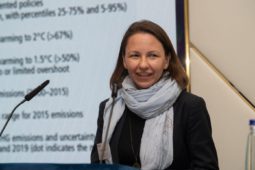



Following the presentations, company executives and corporate, scientific and civil experts discussed the current state and challenges of biodiversity, water and climate adaptation and revealed many business best practices and solutions at a closed-door forum.

